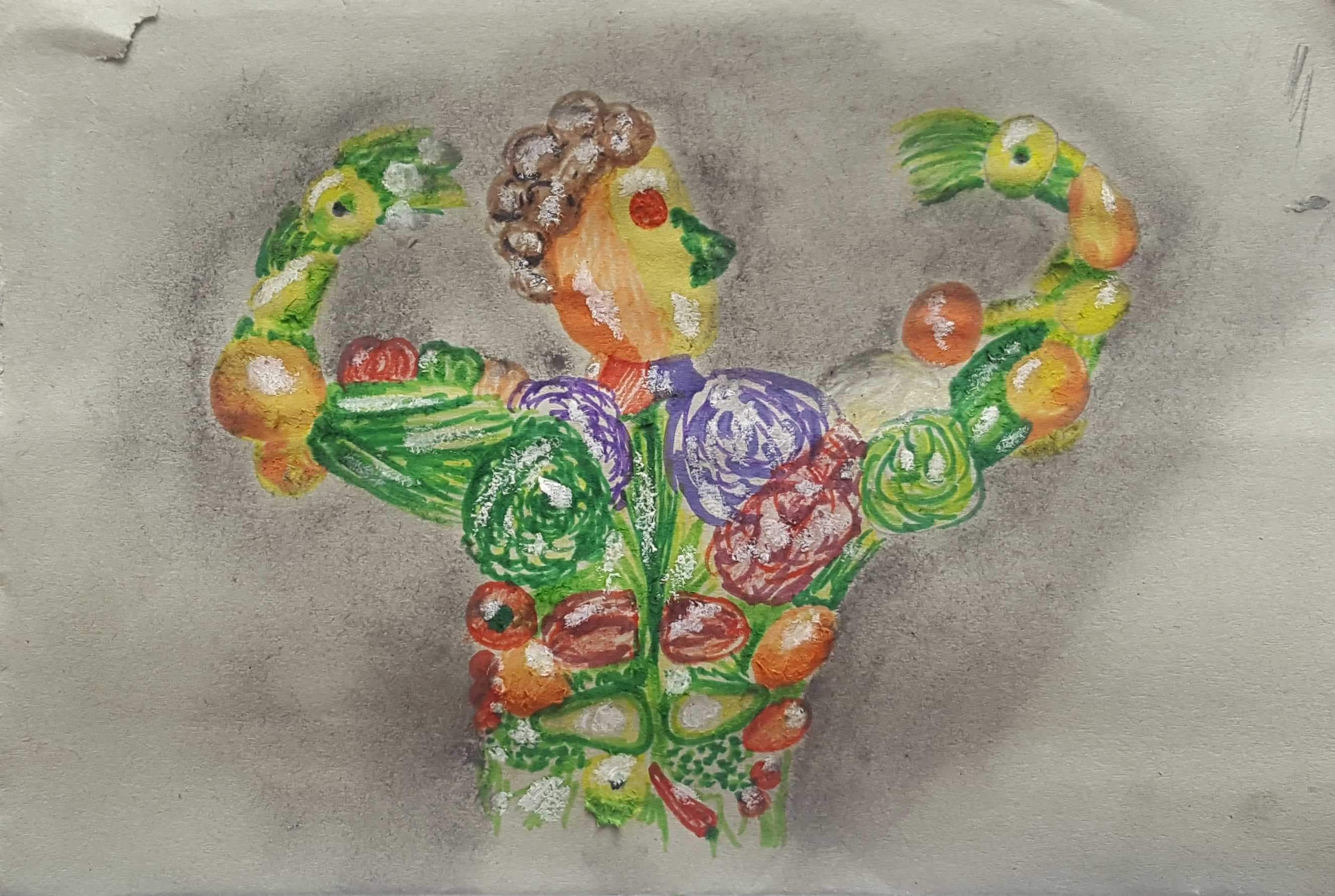As an athlete, college can be challenging in terms of consuming the right proteins, vitamins, and minerals. It usually involves preparing meals, storing food, shopping on a budget, and trying to resist the temptation of indulging in one of the many restaurants, fast food shops, and takeaways that so densely populate the city.
The greatest obstacle that athletes face is resisting the appeal of convenience foods. After lectures, assignments, training, and games there is very little time left for meal preparation and so many athletes opt for the easy option of quick and easy foods which contain little to no nutritional value. The time and effort it takes to plan meals, never mind the actual cost of buying fruit, vegetables, and meat is a lot for a college student. However, with a small amount of planning and organisation, an athlete can stay on track with their dietary requirements and achieve optimum performance.
Recovery, performance, and energy levels are all increased by consuming the right foods. It only takes a few minutes on a Sunday night to plan what to eat for the week. By drafting a list of the ingredients needed for a meal or looking up nutritious recipes, students can get into the right mindset. Just as athletes plan in advance for trainings and competitions, the same should apply for meal times.
There is a strong correlation between eating healthy and staying healthy. This, in turn, reduces the number of setbacks that athletes face due to illnesses such as the common cold and flu. The importance of consuming the rights foods cannot be overlooked.
As well as having a varied and nutritional diet, it is vital that athletes drink enough water daily. The average adult is advised to drink about two litres of water a day. As an athlete, one should be aiming to drink considerably more. Water hydrates the body, replenishes the cells, and ensures the circulation of nutrients. Although carrying a two-litre bottle of water around college might not sound appealing, there are numerous water fountains located all around campus so that students can regularly fill up their bottles. Water will also relieve the pangs of hunger if an athlete is trying to stick to a strict diet.
Along with water, snacks are a great way to reduce cravings and allow athletes to stay on track with meal plans. Foods such as bananas, watermelons, hummus, avocados, and cheese are filling while also nutritious. By having healthy snacks readily available, athletes can avoid unnecessary junk food. It is vital that athletes stay energised, especially in a demanding college environment.
However, sticking to a healthy food regime can be challenging and costly for students. When it comes to grocery shopping, it can be very disheartening to look at the prices of fresh produce and compare them to the cost of a pizza or a bag of chicken nuggets. The key to success is to have a list and know exactly what to buy. Making a plan at the start of the week is of huge value, knowing exactly what to buy and in what quantity will save money. Be smart about it. For instance, there is no point in buying a multi-pack of chicken fillets if only two will be eaten. They will just have to be thrown out which is a waste of money. Furthermore, the idea of eating all of the fillets is a waste of time as the fundamental point of having a varied and balanced diet has been missed.
How athletes fuel themselves is vital to how they end up performing. Breakfast is the first meal of the day and so sets anyone up for the hours ahead. It is important to pack healthy carbohydrates and fruit into this meal, however tempting a coffee and a croissant might be. Foods such as overnight oats, banana pancakes, and scrambled eggs are easy to make, filling and require very little effort. A healthy substantial meal in the morning will kick start metabolism and improve concentration. Breakfast should not be skipped. Skipping meals deprives the body of important nutrients and so is of no help on the road to sporting success.
Although athletes may not excel in the kitchen as well as they do on the playing field, it is very easy to ensure that they are hitting their target dietary plans. With a little planning in advance, organisation, budgeting, and focus, student athletes can eat healthy, stay healthy, and ensure that they are reaching their full potential.






